Dhaka, August 24 — Various cases against former ministers and MPs of the Awami government are unlikely to survive or pass the initial stages of the legal process, according to Barrister Sara Hossain. Speaking at a civil dialogue organized by 'Civil Reform Group-Bangladesh 2.0' at the Bangladesh Association of Software and Information Services (BASIS) office in Karwan Bazar, Dhaka, Barrister Hossain expressed skepticism about the legitimacy and durability of these cases.
Barrister Hossain noted that over the past two weeks, numerous cases have emerged, with some involving 30, 40, or even over 50 accused individuals. She argued that while there may be anger and resentment leading to these charges, such cases are unlikely to be effective or long-lasting, failing to pass the first procedural step. She emphasized that these cases are questioning the legitimacy and outcomes of recent movements, such as the student protests, and stressed the need to halt such legal actions.
She questioned the motives behind these cases, asking whether they are genuinely being pursued by the police and if they are being handled with integrity. Barrister Hossain criticized the ongoing use of defamation laws from the British colonial era, pointing out that these outdated laws are still being used in the current legal system, which she described as "tragic."
Regarding the remand of ministers and MPs, Hossain criticized the media's handling of information allegedly obtained from remand statements over the past 15 years. She highlighted the lack of accountability for the information being leaked to the media, calling for an end to the practice and urging for the law to be allowed to take its natural course.
She also suggested that any video footage related to incidents, such as the killing of 80 children during the quota reform movement and student uprising, should be collected and presented as evidence in court. Barrister Hossain stressed the importance of allowing the courts an opportunity to reassess and potentially overturn wrongful cases. She further recommended that there should be a judicial order to expedite trial proceedings for those killed in political turmoil, bypassing the need for a special speedy trial law.



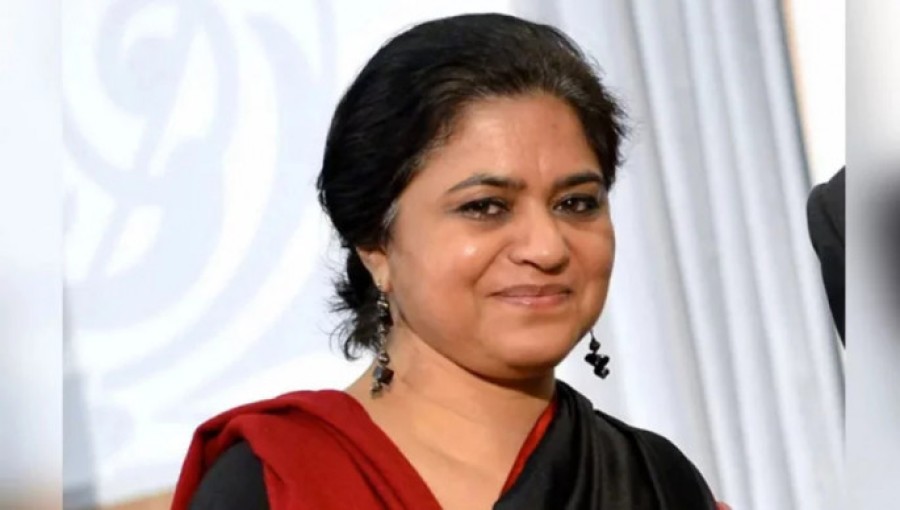
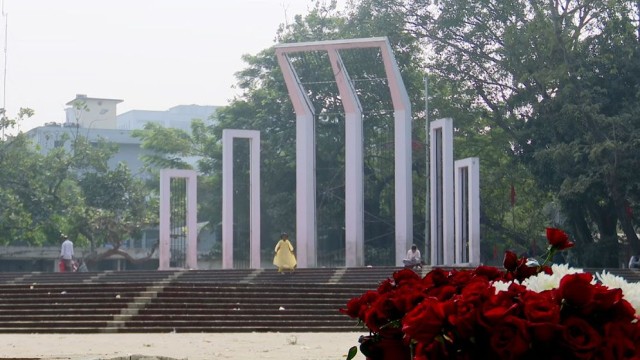

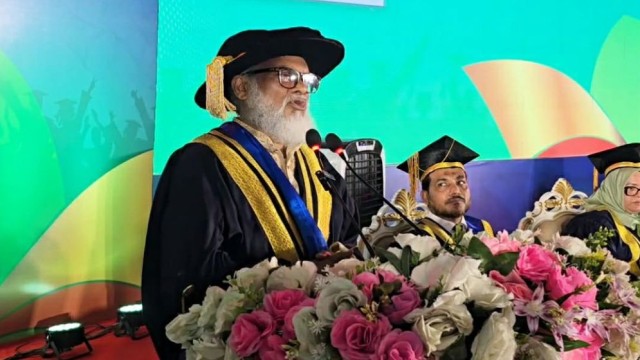
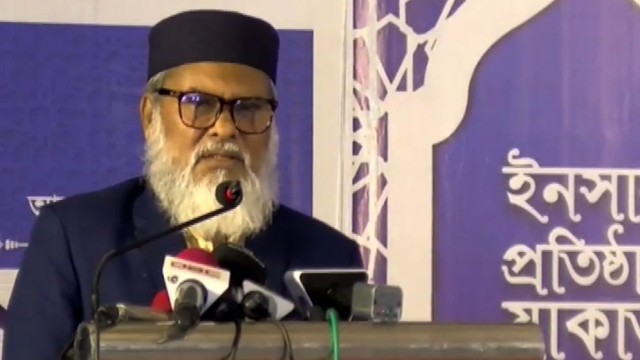
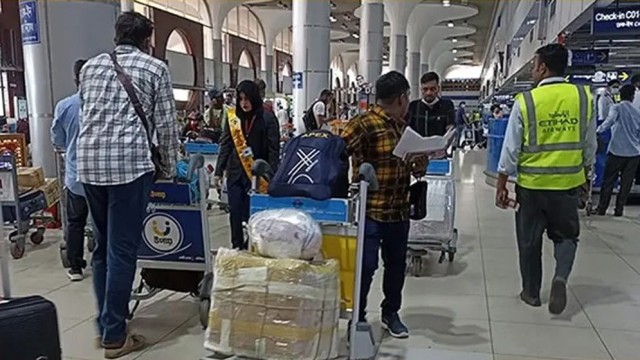
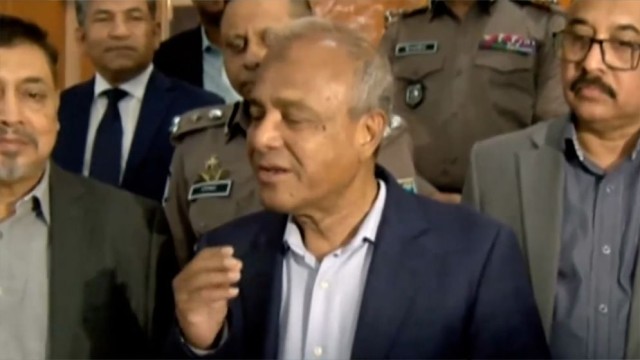

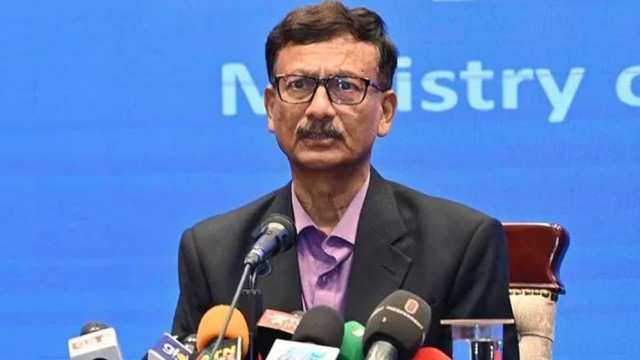

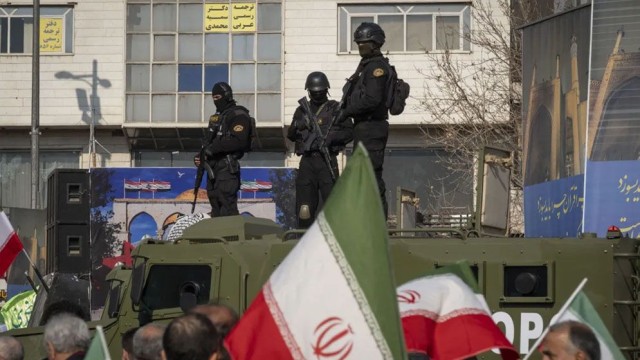
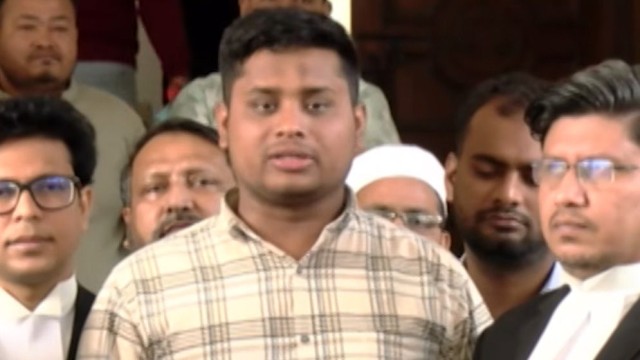
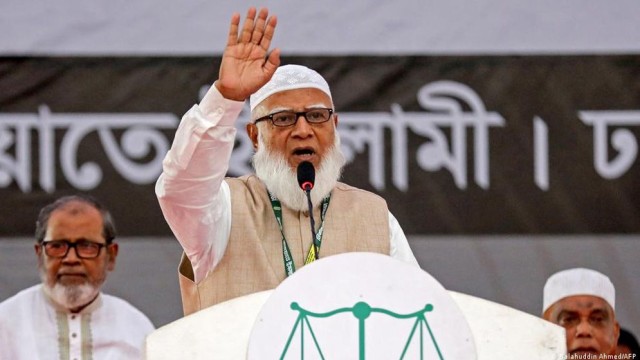
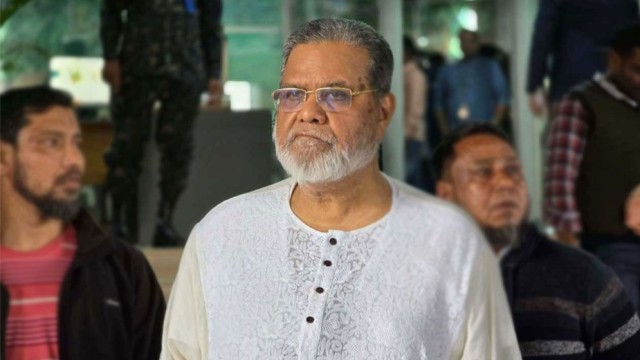





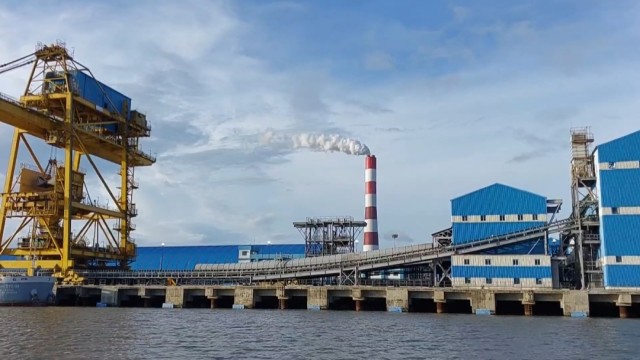

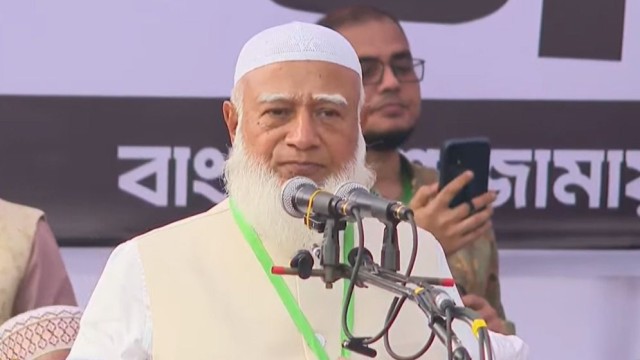
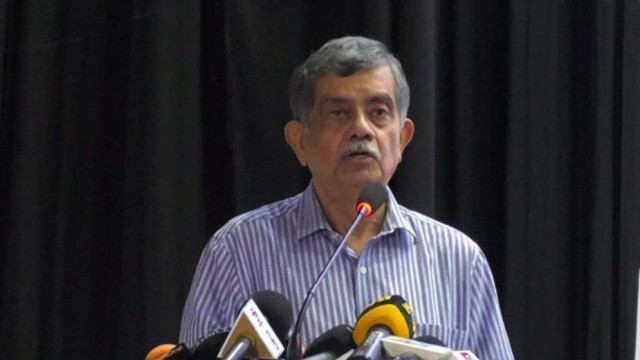
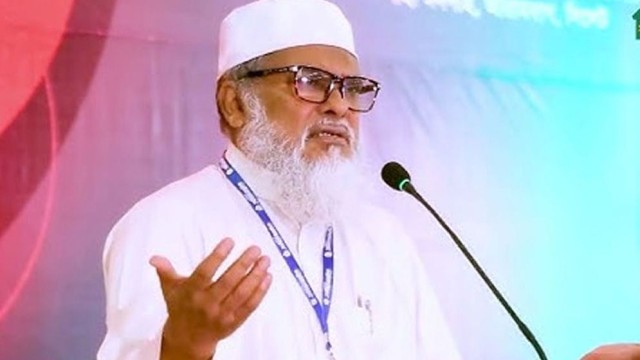
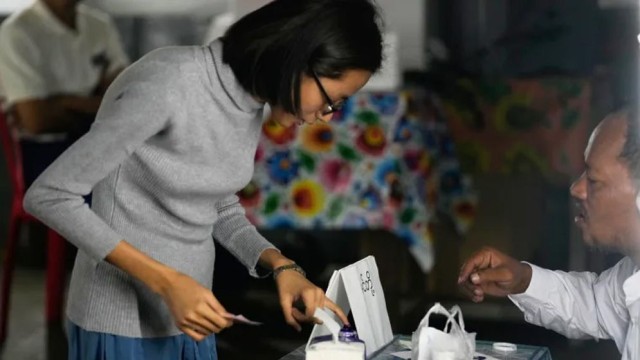
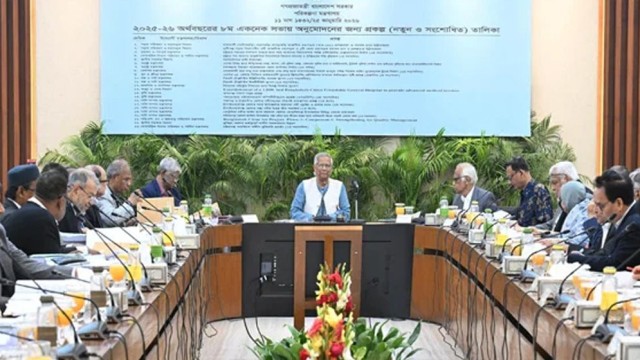

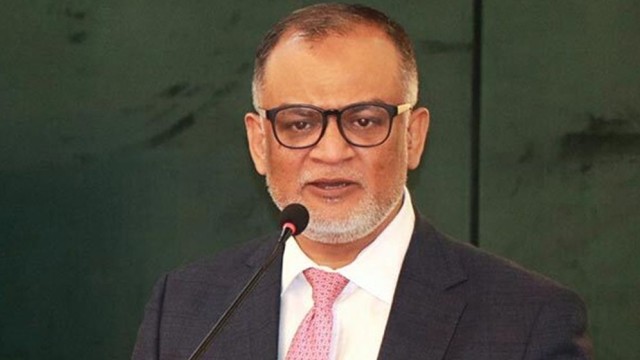
Comment: